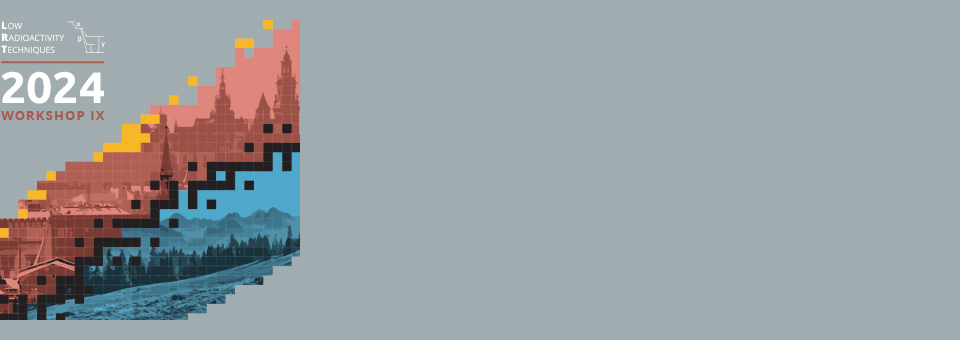Speaker
Description
Radon is one of the most important radioactive backgrounds in low energy and very rare events experiments in particle and astroparticle physics like neutrinoless double beta decay or dark matter direct research. A concentration of few radon atoms per m3 or per kg will be mandatory in future experiments. Capturing radon at these very low levels require the use of very effective adsorbents. At CPPM in Marseille we have been studying microporous radon adsorbents for over 10 years.
After an initial period during which we studied more than 50 samples of carbon-based adsorbents, both commercial and laboratory developed, from which we establish the optimum pore size for radon capture, we recently considered the radon adsorption as function of temperature in several commercially available silver zeolite. A very large radon adsorption capacity, 100 times higher than in the best reported materials, was observed for a titanium-silver zeolite.
A new consortium between CPPM and four physical chemistry and materials science laboratories has been setup in February 2024 to understand the origin of this excellent performance and to optimize it.
The goal of this unprecedented collaboration, named IRENE, is to develop in the next 4 years, innovative materials for extreme radon adsorption, in particular in xenon.
In this presentation we will report on the main results obtained up to now and we will present the IRENE project

